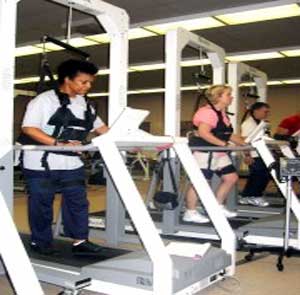Published in Marketing Letters, the new study analyzed the eating habits of people after walking 2 km–half the participants were told the walk was exercise, while others were told it was a scenic walk. Researchers found that those who believed they completed an exercise walk ate 35 percent more chocolate pudding for dessert than those who had been on a scenic walk. On a different occasion, those thinking they had taken an exercise walk ate 206 more calories–124 percent more calories– than those who had been told they were on a scenic walk.
According to researchers, the study shows one reason why people in new exercise programs often find themselves gaining weight–new exercisers have a tendency to reward themselves by overeating after their workout.
For beginning or veteran exercisers, the bottom line is: 'Do whatever you can to make your workout fun. Play music, watch a video, or simply be grateful that you’re working out instead of working in the office,' said Brian Wansink Director of the Cornell Food and Brand Lab. 'Anything that brings a smile, is likely to get you to eat less.'

















Related Items
Brain Activity Data can predict what will be popular with consumers
Study reveals how to reduce the carbon footprint of houses
Study finds role of climate in shaping Indian history